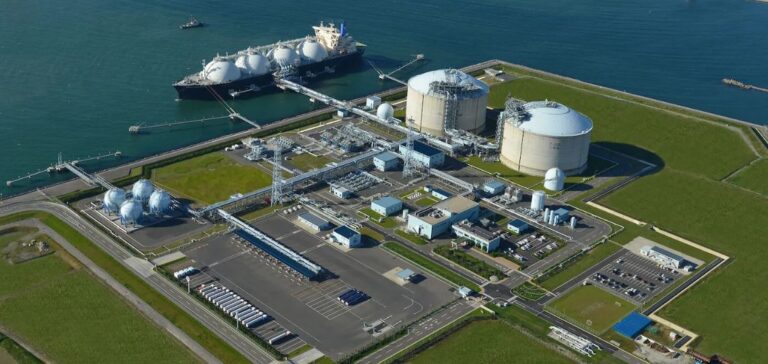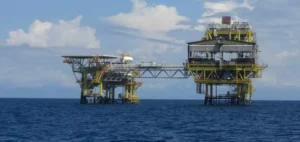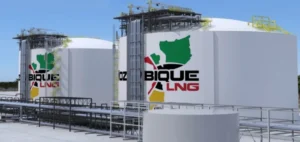JERA Co., Inc. and Saibu Gas Co., Ltd. have announced a collaboration agreement for the strategic use of the Hibiki LNG terminal, thereby strengthening the stability of liquefied natural gas (LNG) supply. This initiative is part of efforts to enhance Japan’s energy security, which has become a central issue for both companies.
Expansion of Hibiki LNG terminal capacities
In November 2024, Saibu Gas decided to increase the capacity of the Hibiki LNG terminal by launching the construction of a third LNG storage tank. This decision was driven by the need to ensure a stable supply in response to the growing domestic demand for natural gas. The signed agreement now allows JERA to access the third tank, thereby enhancing its ability to manage seasonal demand fluctuations and the electricity market volatility linked to the greater integration of renewable energies.
The commissioning of the third LNG tank also offers Saibu Gas an opportunity to broaden its ability to respond to market needs while securing its supply. The cooperation between JERA and Saibu Gas at the Hibiki LNG terminal will enable reciprocal LNG sharing and ensure stable and profitable operation of the infrastructure.
Prospects for regional and global development
Taking advantage of the strategic location of the Hibiki LNG terminal, the two companies aim to expand their commercial activities in Asia and internationally. This partnership is expected to foster profitability expansion and support the diversification of LNG supply sources.
Moreover, JERA and Saibu Gas have agreed to jointly explore new business opportunities in the energy sector, including the development of next-generation fuels such as hydrogen. This strategic direction reflects their intention to adapt to the evolving global energy market.
Strengthening Japan’s energy security
According to the joint statement of the two companies, this collaboration primarily aims to consolidate Japan’s energy stability. The initiative comes at a time when global energy challenges, intensified by the energy transition and supply tensions, require Japanese operators to diversify their resources further.






















